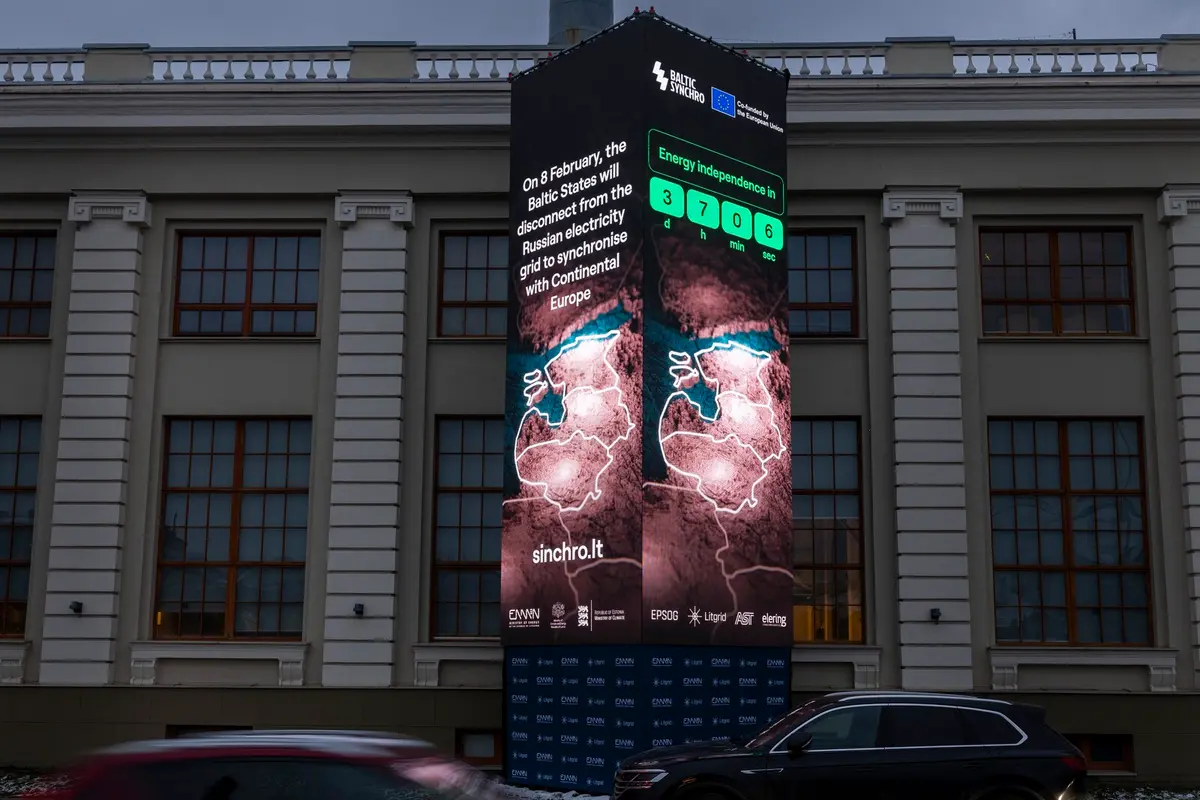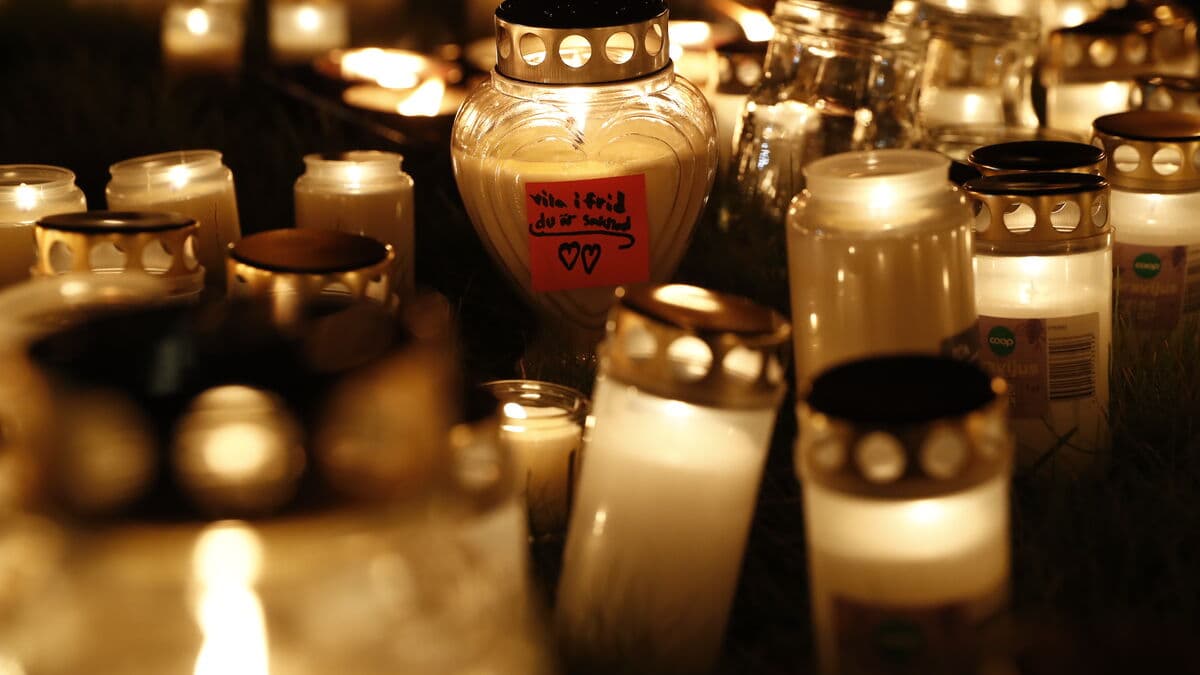The Baltic States have been working on this for many years, but have faced both technical and economic problems. Now it is happening as another step in the EU's effort to reduce dependence on Russian energy.
Russia can no longer use energy as a tool for blackmail, says EU Foreign Minister Kaja Kallas, who previously served as Prime Minister of Estonia.
This is a victory for freedom and European cohesion.
The three countries, all members of the EU and NATO, ended all electricity trade with their eastern neighbor when Russia launched its large-scale invasion of Ukraine. They are also the last three countries in Europe connected to an old Soviet-era power grid leading to Russia, the Russian exclave of Kaliningrad, and Belarus. Russia has also been in charge of operations.
We will no longer be dependent on the aggressor state and we will have full control over our own power grid, says Lithuanian President Gitanas Nauseda, according to public service company LRT.
When the old cables are disconnected, the networks will be connected to the synchronized European power grid. Cables will run partly overland to Poland and partly under the sea to, among other countries, Sweden.
We cannot rule out any form of provocation. Therefore, Latvian and foreign security services are on high alert, said Latvian President Edgars Rinkevics to LSM on Wednesday.






